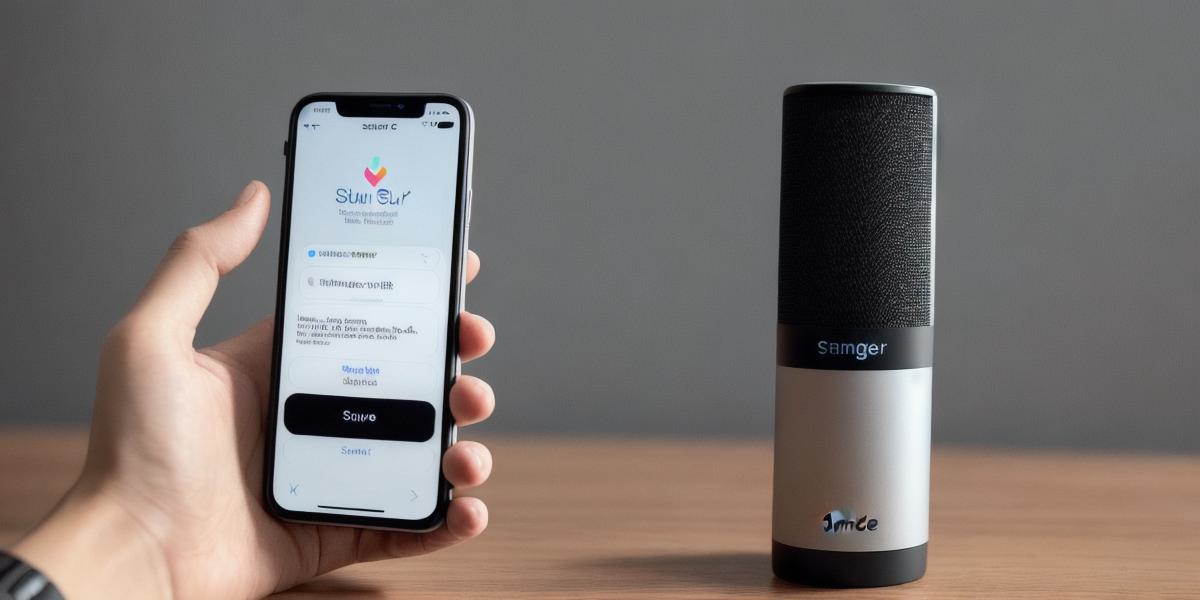How to Beat Siri: Best Practices and Tips for Voice Assistants
Are you tired of feeling like your voice assistant isn’t living up to its potential? Whether it’s Siri, Alexa, or Google Assistant, there are ways to optimize your experience and get more out of your favorite AI companion. In this article, we’ll explore some best practices and tips for using voice assistants that will help you beat Siri and other popular voice assistants.
- Speak Clearly and Concisely
One of the most important things you can do to improve your experience with Siri or any other voice assistant is to speak clearly and concisely. Your AI companion relies on voice recognition technology, so if it doesn’t understand what you’re saying, it won’t be able to provide an accurate response. Additionally, speaking quickly can make it difficult for Siri to keep up with your words and accurately interpret them. - Use Proper Grammar and Punctuation
Another crucial aspect of using voice assistants is proper grammar and punctuation. If you use slang or informal language, your AI companion may have a harder time understanding what you’re asking for. Additionally, using proper grammar and punctuation can help Siri provide more accurate responses. For example, if you ask Siri to set a reminder, it will be more likely to understand that you want it to remind you of something specific if you use proper grammar and punctuation. - Customize Your Settings
Each voice assistant has its own unique settings that can be customized to suit your needs. For example, you can adjust Siri’s privacy settings to control what information it collects from your device and how it uses that information. You can also change Siri’s voice and language preferences to match your preferences. By customizing your settings, you can ensure that Siri is working for you and not against you. - Use Multiple Devices
Another way to improve your experience with Siri or any other voice assistant is to use multiple devices. For example, you can use Siri on your iPhone and Alexa on your Amazon Echo. By using multiple devices, you can access more features and functionality that are only available on one device. Additionally, using multiple devices can help you stay connected and productive no matter where you are. - Keep Your Device Up-to-Date
Finally, it’s important to keep your device up-to-date with the latest software and updates. This includes keeping Siri or any other voice assistant updated as well. By regularly updating your device, you can ensure that Siri is running at its best and providing the most accurate responses. Additionally, keeping your device up-to-date can help improve security and prevent bugs and glitches from occurring.
FAQs:
Q: Can I use Siri on my Android phone?
A: No, Siri is only available on Apple devices. However, there are other voice assistants available for Android devices, such as Google Assistant and Bixby.
Q: How do I customize Siri’s privacy settings?
A: To customize Siri’s privacy settings, go to Settings >
Siri & Control Center > Privacy. From there, you can adjust settings related to location, voice recordings, and more.
Q: Can I use Siri to control my smart home devices?
A: Yes, Siri can be used to control smart home devices, such as lights, thermostats, and security systems. To do this, you’ll need to have compatible smart home devices and link them to Siri through the Home app on your iPhone or iPad.
